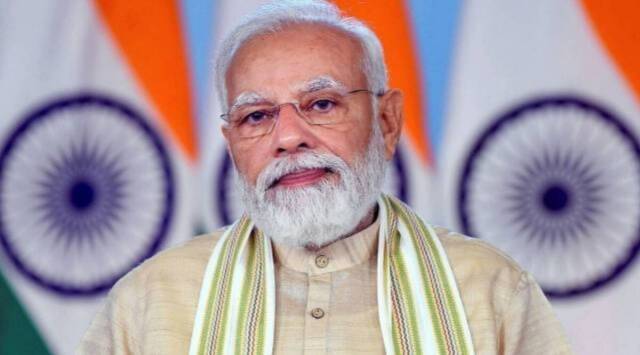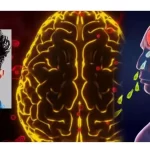Saturday, Prime Minister Narendra Modi will address a rally in Naurangdesar, Bikaner district, Rajasthan, according to the BJP.
#WATCH | Prime Minister Narendra Modi holds roadshow in Bikaner, Rajasthan. pic.twitter.com/pixKVc75DP
— ANI (@ANI) July 8, 2023
On Friday, Union Minister Arjun Ram Meghwal, Rajasthan Assembly Opposition Leader Rajendra Rathore, and Deputy Opposition Leader Satish Poonia conducted a review meeting and inspected the rally site.
During the program, Modi will reportedly place the foundation stone and inaugurate projects worth more than Rs 2,500 crore, according to a party statement. He will also speak at a public gathering.
Also read this:Modi surname case: Another setback for Rahul; BJP, Congress lock horns again
Meghwal stated that a significant number of Bikaner and neighboring residents will attend the rally.




